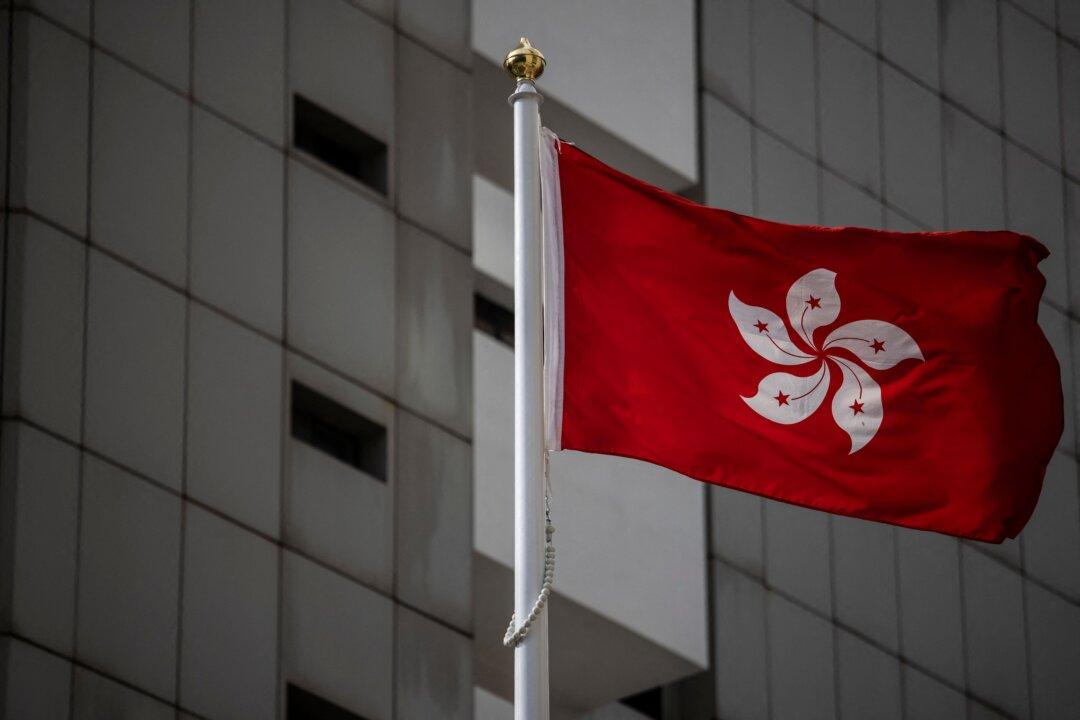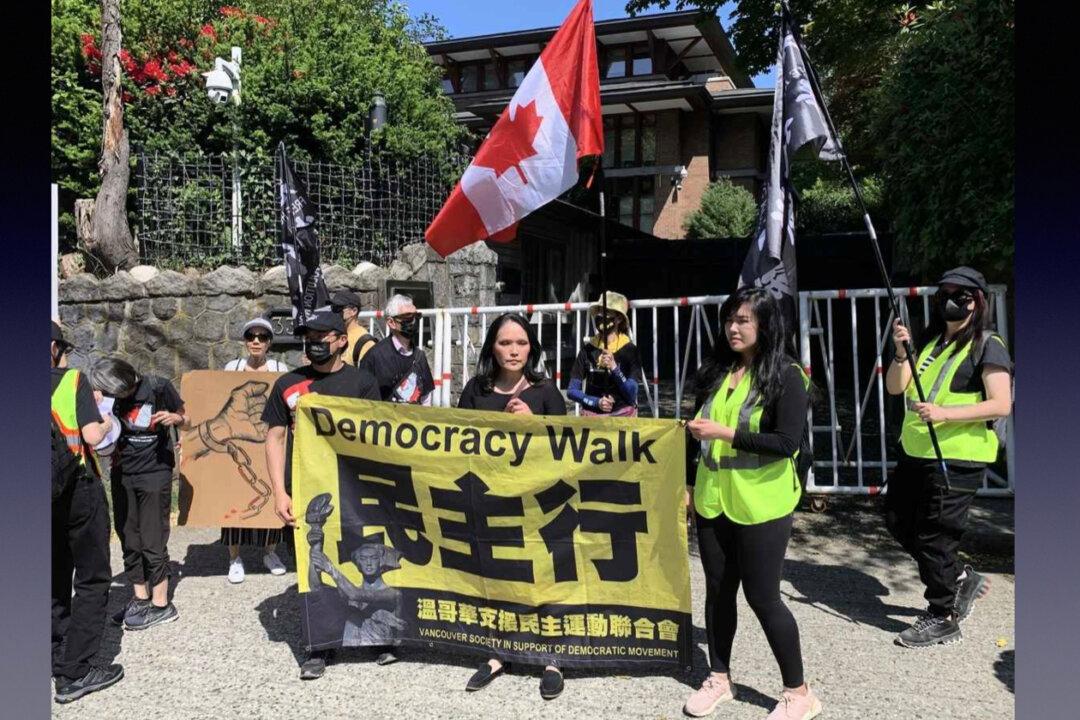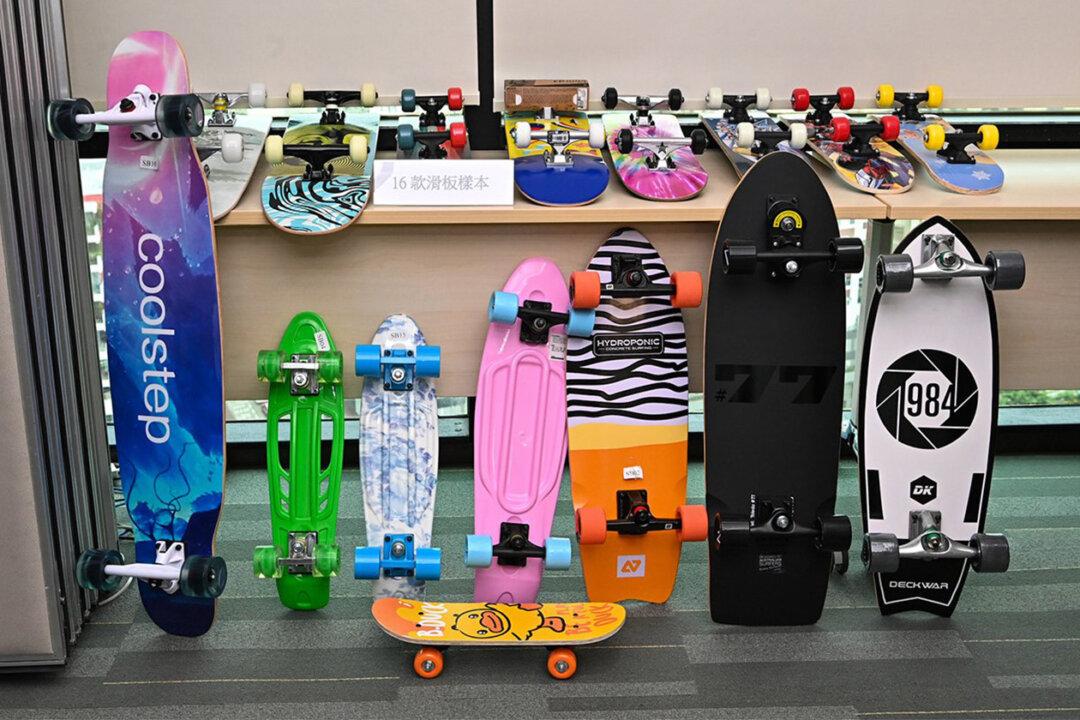This year marks the 33rd anniversary of the Tiananmen Massacre on June 4, 1989. In the past, on June 4 every year, tens of thousands, -- at times, hundreds of thousands -- of Hong Kong people would come to the Victoria Park in Causeway Bay, to participate in the candlelight vigil hosted by the Hong Kong Alliance in Support of the Patriotic Democratic Movements of China (referred to as “the Alliance” hereafter). However, Hong Kong has changed and there was no candlelight in the Victoria Park this past June 4.
In fact, since 2020, the HK government had rejected applications for Victoria Park June 4 vigils three years in a row, citing restrictions due to the pandemic. In the past year, people still dressed up in black, turned on cell phones lights and walked silently around the outside of the Victoria Park, despite police force nearby. This year, the situation has further deteriorated ... Under pressure from the newly imposed Hong Kong National Security Law, The Alliance, traditional host of the Victoria Park June 4 annual vigil, had disbanded. Most of its core members are now behind bars. No one from the traditional pro-democracy camp applied for any activity for the day. Even the annual “Memorial Mass” hosted by the Justice and Peace Commission of the Hong Kong Catholic Diocese discontinued, for fear of violating the national security law.




